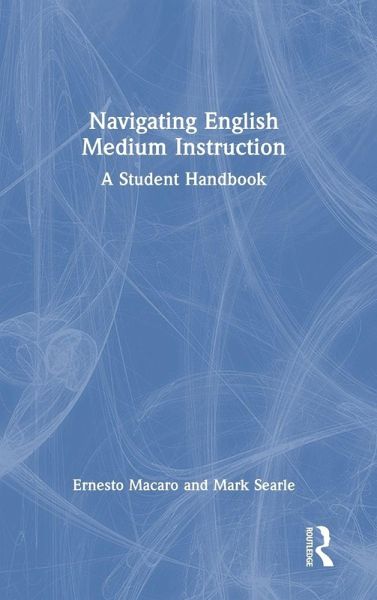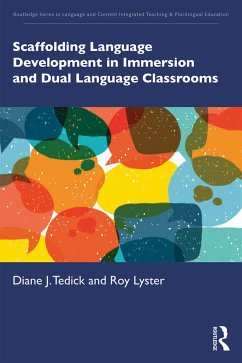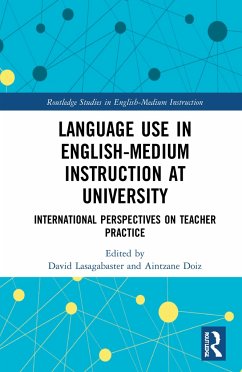
Navigating English Medium Instruction
A Student Handbook
Versandkostenfrei!
Versandfertig in 1-2 Wochen
178,99 €
inkl. MwSt.
Weitere Ausgaben:

PAYBACK Punkte
89 °P sammeln!
This skills-oriented handbook for English Medium Instruction (EMI) learners provides students with a toolbox of strategies and approaches to maximize their performance in their courses. This is a valuable resource for any EMI student across the world, EMI teachers, EAP/ESP educators, and academic support staff.














